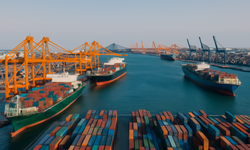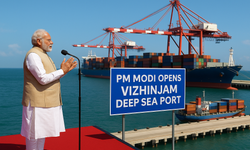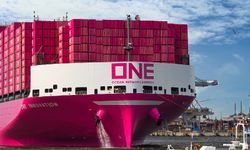Against a backdrop of escalating drug smuggling in Europe, with accusations of port operations falling prey to drug cartels, the initiative aligns with the EU Roadmap adopted in October 2023 to combat drug trafficking and organized crime.
Belgium, as the current EU Council presidency, has taken a proactive stance in the battle against organized crime and drug smuggling. Paolo Gentiloni, Commissioner for Economy, highlighted the severity of Europe's drug problem during the launch event in Antwerp, emphasizing the need for closer collaboration among customs, law enforcement, and port authorities. The European Ports Alliance aims to unite local, national, and European entities to pool expertise and resources for a more effective response to the surge in drug inflows.
Officials underscored the magnitude of the issue, revealing that over 300 tonnes of cocaine are seized annually in the EU. Belgium set a record with authorities confiscating 121 metric tonnes of cocaine at the Port of Antwerp-Bruges last year alone, a 10 percent increase from the previous year.
Other major ports, including Rotterdam and those in Spain, reported significant drug busts, with law enforcement cautioning about cartels exploiting smaller ports to avoid detection.
Due to the high traffic volume, ports are identified as particularly susceptible to drug smuggling and exploitation by criminal networks. Containers, a preferred tactic, make up 70 percent of drug seizures by customs in ports.
The European Ports Alliance focuses on mobilizing the customs community to combat drug trafficking, supporting targeted controls, strengthening law enforcement operations, and coordinating efforts with agencies such as Europol and Eurojust.
The public-private partnership also aims to heighten awareness within the industry, engaging shipping companies and supporting port authorities in their role against drug trafficking and criminal infiltration.
The initiative will focus on identifying vulnerabilities, sharing best practices, and implementing solutions to enhance port security. Addressing issues like intimidation, corruption, and criminal infiltration, the alliance will adhere to international and EU security standards through collaboration between law enforcement, customs, and public-private operators in the ports.
The launch will be accompanied by a joint declaration, expressing the commitment of law enforcement, customs, and public-private operators in ports. Additionally, annual ministerial-level meetings are planned to address challenges, set strategic priorities, and provide updates on progress in the ongoing fight against drug smuggling.






